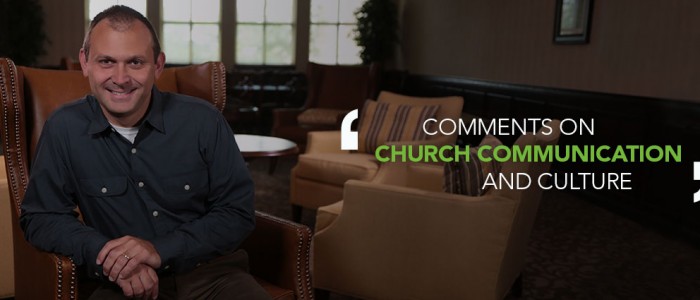How to Communicate an Idea to Leadership

As the leader of a creative team, many, if not most, of the ideas we develop come from members of the team, not from higher leadership. As part of the senior team, I have the unique position of seeing and representing both the creative perspective and the organizational perspective. I hope these thoughts will help creatives when presenting an idea “up” to leadership.
As part of the process, you should consider the PURPOSE behind the idea, then PLAN to make your presentation, and finally, the best way to PITCH the idea.







